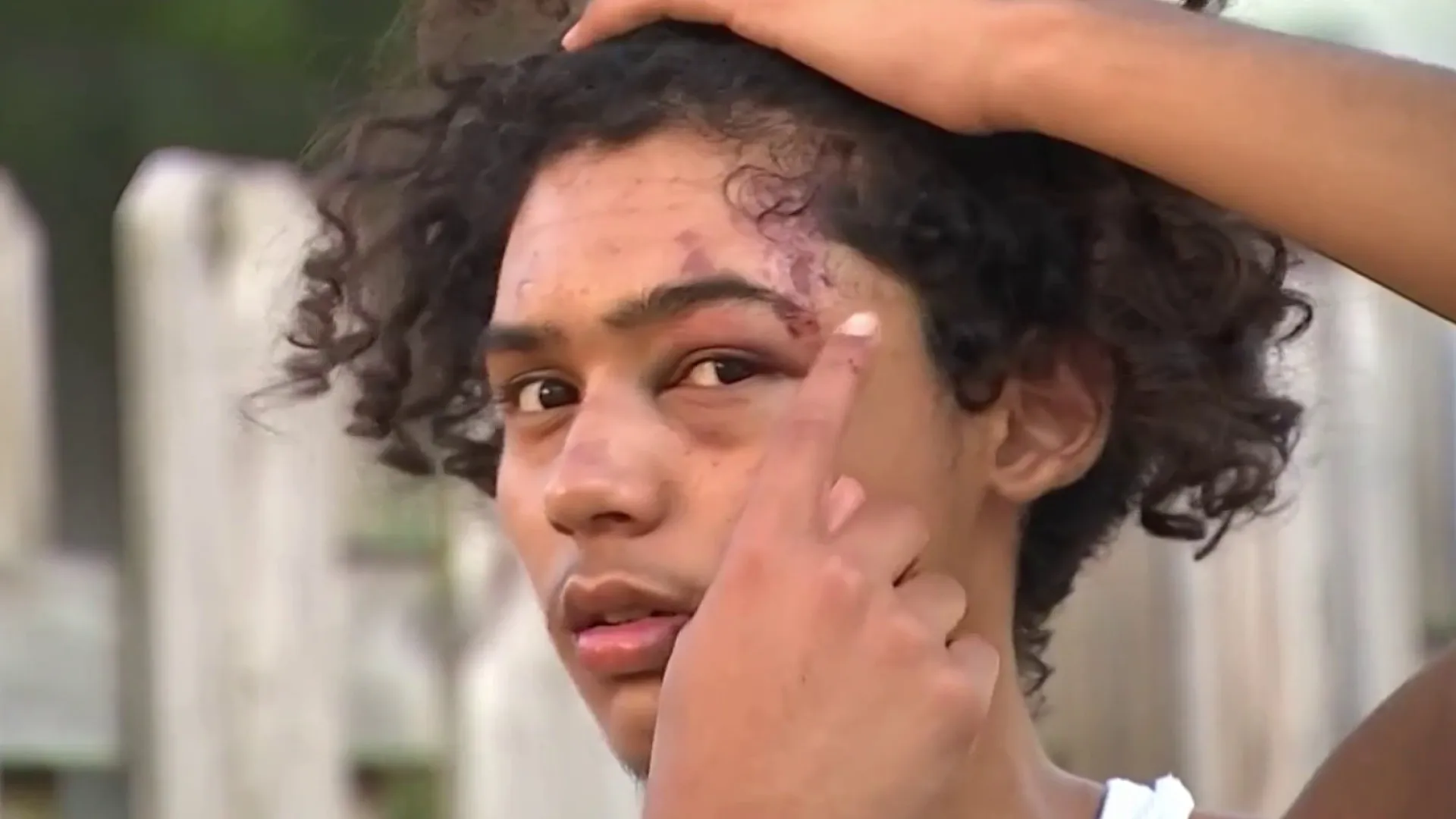Normal 0 false false false EN-US X-NONE X-NONE by Dr. Ian Kupkee
Every year as Thanksgiving approaches, pet parents ask me if it’s really such a bad thing to share their feasts with the four-legged family members. I am often reminded that it’s the season for sharing, and that they are thankful for their pets. Surely a little bit of turkey is okay, right?
Nobody likes a holiday killjoy. And chances are, Grandma will break the “no table food” rule this year, too. So let’s just focus on the foods that Fluffy absolutely, positively cannot have.
Garlic and Onions
Local
Garlic and onions are species belonging to the allium family, a type of plant that while beneficial for humans, is not tolerated by dogs and cats. Other common foods in this category include shallots, leeks, chives, and Chinese onions. Pets that ingest these foods often suffer from gastrointestinal distress. When larger amounts are consumed, a life-threatening condition called Heinz body anemia can develop. Clinical signs include lethargy, inappetance, pale gums, increased respiration and collapse. Heinz body anemia is fatal if not treated, so make sure any holiday treats do not include onions or garlic. One of our patients, a Jack Russell Terrier named Macy, spent the holidays getting blood transfusions after stealing and eating a spice packet. If you must give Fluffy a taste of the turkey, make sure it has not been seasoned with onions, garlic, or any member of the allium family.
Sugar-Free Goodies
Many sugar-free mints, candies, chewing gums and baked goods contain a sweetener called Xylitol. This naturally occurring compound is derived from the Birch tree, and is often marketed as a safe, natural alternative to sugar. Pets who ingest even small amounts of Xylitol experience sudden, dramatic drops in their blood sugar. While the most obvious clinical sign of Xylitol toxicity is seizures, many pets can also experience, vomiting, lethargy, weakness, collapse, and death. Xylitol toxicity is nearly always fatal, and pets who survive the initial crisis may still be at risk for liver damage and blood clotting disorders.
Perhaps the most alarming aspect of Xylitol is the shear number of products in which it is found. In addition to products that are clearly marked as sugar-free, it is used to sweeten toothpaste, mouthwash, kids’ vitamins, supplements, fish oil capsules, and over-the-counter medications. Bottom line - anything that is marketed for human consumption should never be given to pets without first consulting your veterinarian. And since many products containing Xylitol are often found in ladies’ handbags, make sure your dinner guests stash their purses well out of Fluffy’s reach.
Alcohol
Our geriatric dachshund will magically forget about her aching back and defy the laws of gravity in her attempts to knock over a bottle of beer. While our guests think it’s hilarious, alcohol toxicity is one of the leading causes of holiday visits to the emergency clinic. Symptoms include respiratory depression and liver damage, so keep any adult beverages out of your fur-kid’s reach.
Nuts
The texture of nuts and seeds make them difficult to digest as a general rule. Certain types such as walnuts, pecans, and hickory nuts can contain a toxin produced by common species of mold. Additionally nuts are naturally high in fat, and even these “good fats” can lead to pancreatitis in companion animals. Macadamia nuts have been linked to lethargy, weakness, tremors and seizures in dogs with a history of ingestion. While researchers have yet to identify the compound that causes these symptoms, the connection has been proven definitively.
Chocolate
In addition to caffeine, chocolate contains a substance called theobromine which is toxic to dogs and cats. Clinical signs of theobromine toxicity include vomiting, increased heart rate, rapid breathing, muscle rigidity, elevated body temperature, and seizures. While all chocolate can create problems, a general rule is the darker the chocolate, the greater the threat. Baking chocolate and cocoa powder are particularly dangerous.
Grapes and Raisins
These healthy treats contain a substance that has yet to be identified, but has been definitively linked to kidney failure in dogs and cats. Because they are often given to children as healthy snacks, it is important to make sure that the youngest guests at the table understand that they will make pets very sick.
Cooking Debris
Cooking twine, turkey bones, discarded fat, foil pans, and greasy paper towels are just a few of the reasons we are open on Black Friday. Make sure garbage bags are off the floor and out of reach. Secure garbage bins and clear counter tops as soon as possible. If your dog is crate trained or your kitty is happy in a separate room, you may want to consider keeping them out of the kitchen altogether.
The Most Important Tip Of All
Have a safe and wonderful holiday! Happy Thanksgiving from your friends at NBC 6 and Sabal Chase Animal Clinic!
Dr. Kupkee is the lead practitioner at Sabal Chase Animal Clinic in Miami.
Do you have a question for Dr. Kupkee? Send him an email by clicking here.
Click here to check out great deals and discounts exclusively for NBC 6 viewers.



